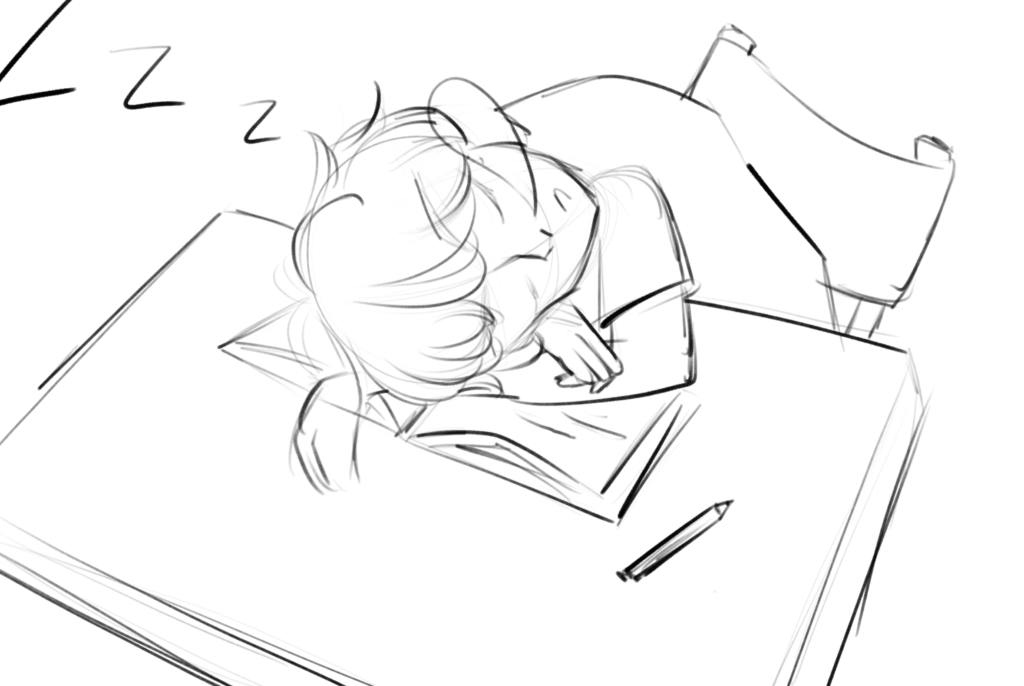Second semester — the golden stretch of time where seniors, finally finished with college applications, can supposedly embrace their newly contracted senioritis.
The symptoms: falling grades, frustrated teachers and suddenly indifferent students
To combat this, many teachers attempt to emphasize the importance of continued academic diligence. Seniors are well accustomed to these repeated lectures that remind them to show up on time, not copy others’ homework and maintain good grades.
But after three and a half years of tirelessly working on academic and extracurricular activities to beef up their activities’ list, many seniors find themselves completely burned out. Forcing these exhausted students to once again envelop themselves in the seemingly endless toil of school can lead to some of these students losing their motivation.
I contend there is nothing wrong with a well-deserved scaled down approach to school, as long as their grades and attendance stay reasonably similar.
After spending their entire first semester narrowing their academic and long-term goals, many seniors feel their current classes become progressively less relevant. While there is a possibility that a student switches majors in college, most of the time they take courses for a specific field. It’s unreasonable to assume that a senior majoring in math, for instance, would spend copious amounts of time and effort to maximize their performance in humanities courses (or vice versa).
While some may argue that seniors should finish these courses diligently because they made a commitment upon registering for them, one must keep in mind the original purpose of these classes. Students should sign up for these courses to learn the material, not just for a grade. Non-seniors work hard to attain an A to show colleges that they have mastered the course content. Seniors, on the other hand, shouldn’t need to worry about their grade as long as they learn the desired material.
To ensure this, seniors could work on projects or provide research into these subjects that still require effort to learn the material and complete, but don’t need the constant maintenance of conserving a grade. Instead of continually wearing seniors down with homework and tests, teachers could offer projects which still provide the incentive for students to learn.
The start of second semester allows seniors to take a breather, and many use the chance to start up new hobbies or take up jobs beneficial to their young adult lives. Whether promoting a healthier lifestyle or gaining work experience, it will likely be more beneficial than being confined to school work for another semester, as they had the past three years.


























